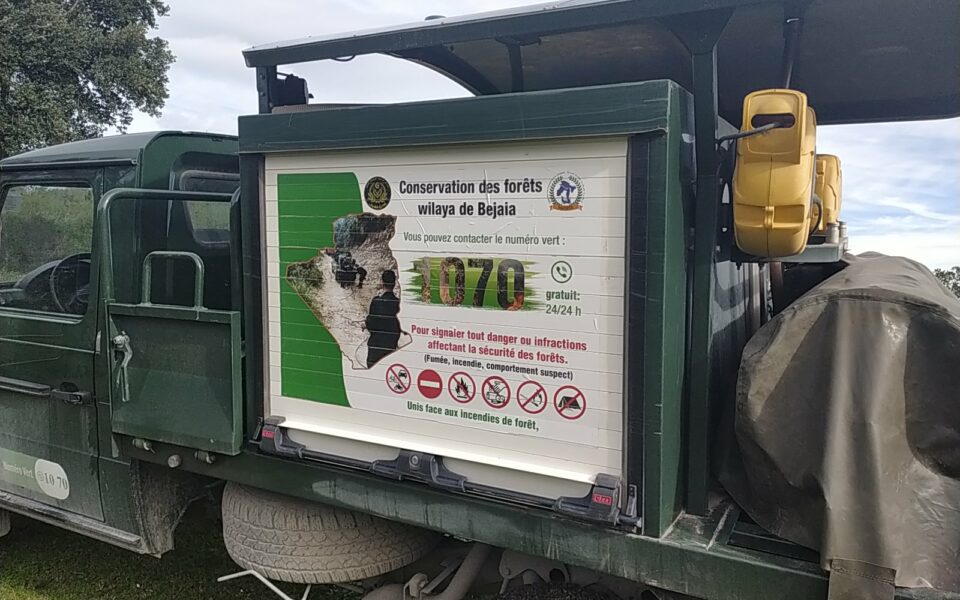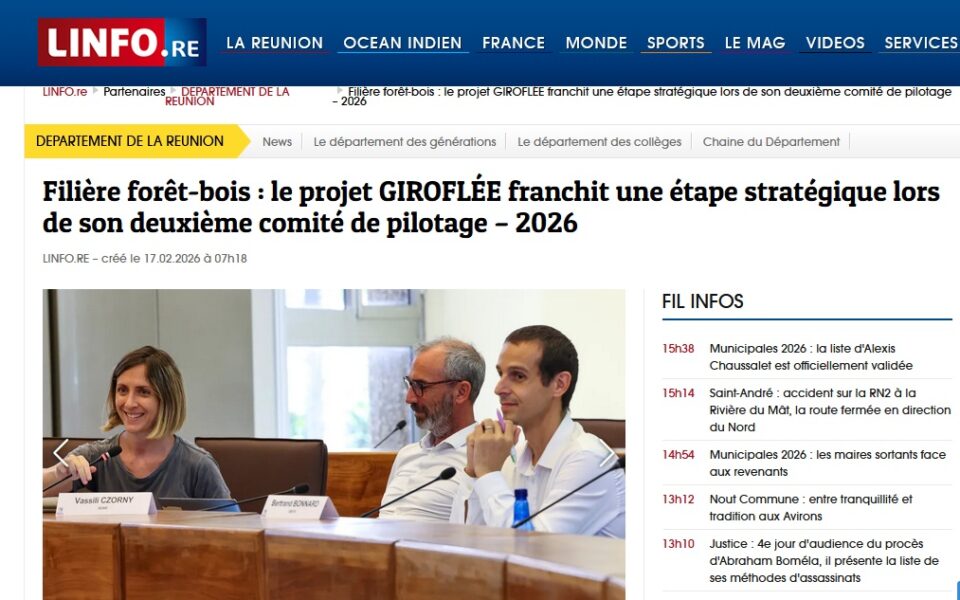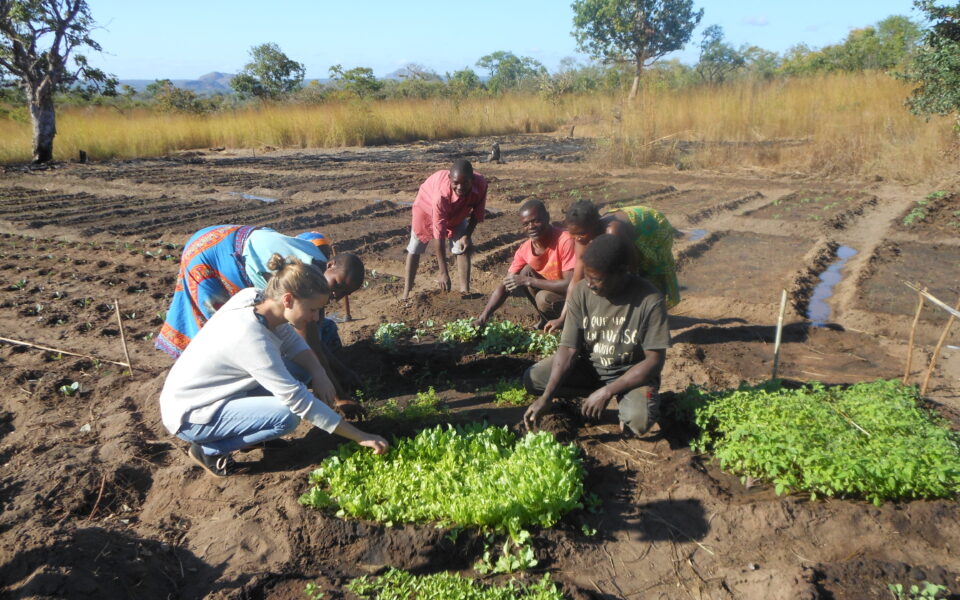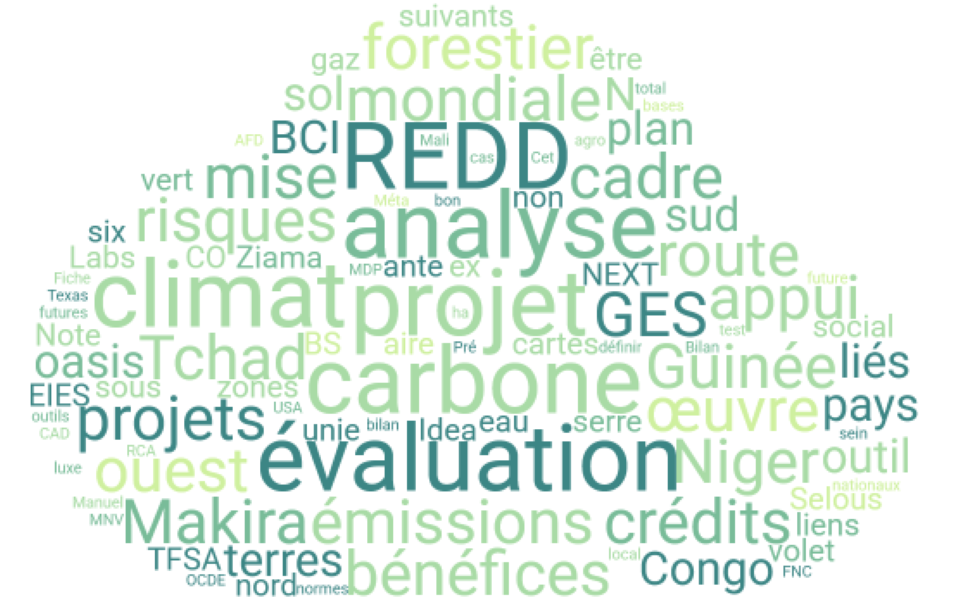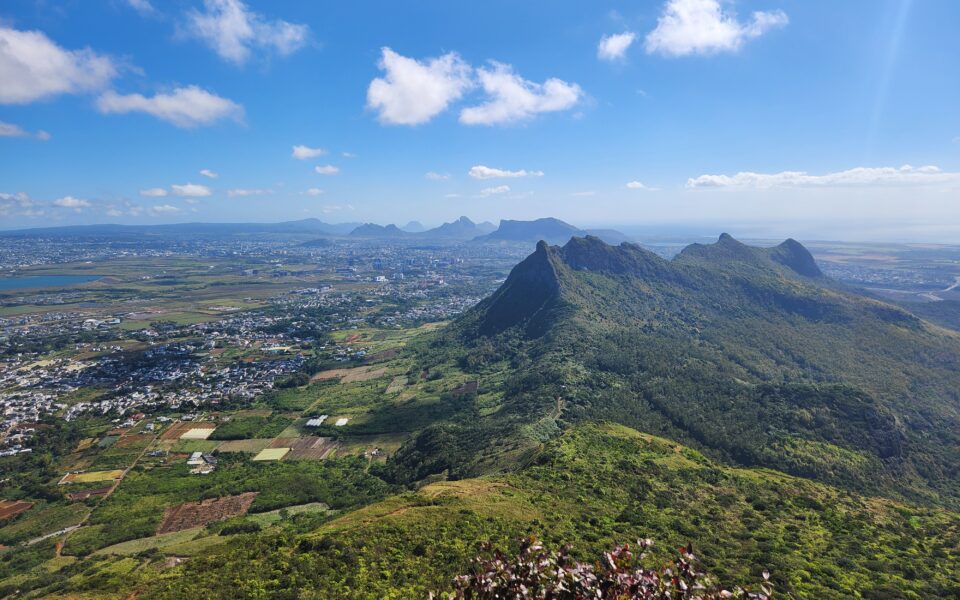
My organization is satisfied with their performance
Final evaluation of the “Ecomakala” energy reforestation project
World Wildlife Fund – Belgium, 02/2014
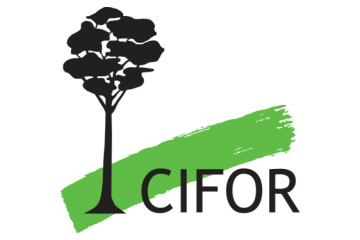
The expert was able to integrate his work with that of other researchers on the team, demonstrating initiative and excellent critical thinking. The report produced and published by CIFOR is of high quality, both in content and form.
Study of the roles and strategies of NGOs in land-use planning
Center for International Forestry Research, 11/2017
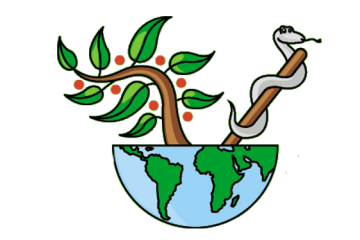
The service was therefore satisfactory and provided with a real professional conscience and willingness to do well, even beyond the mission itself. The expert has been involved in all of Jardins du Monde's programs, bringing his personal skills, which have proven fruitful (search for funding, support for general coordination, support for strengthening and enhancing the capacities of our local employees, etc.). The entire Jardins du Monde team warmly thanks him for his human and professional investment.
Development of production, certification and marketing of medicinal and cosmetic plants
Jardins du monde, 11/2017
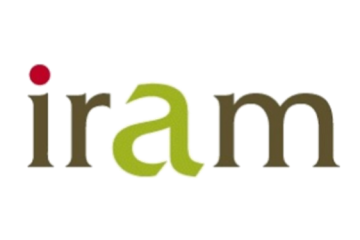
IRAM appreciated the way this performance went.
Facilitation of a workshop to review the agropastoral land tenure policy of the CAR
Institute for Research and Application of Development Methods, 10/2022

My organization is highly satisfied with SalvaTerra's performance and appreciated in particular their accurate innovation competencies and client-orientation.
Estimating the costs/benefits of REDD+ in Lebanon, Tunisia and Turkey
Agence de coopération technique allemande, 02/2014
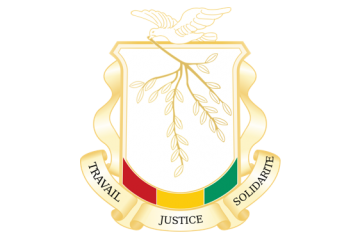
To date, the service has made it possible to initiate reforms of the Department of Agriculture and Livestock, at the level of the DNA.
Audit of the National Directorate of Agriculture (DNA) in Guinea
Government of Guinea, 10/2022

Johan Pasquet, in his capacity as Head of Mission, carried out the services.
Final Evaluation of the Mahaweli Watershed Climate Change Adaptation Project
Institute for Research and Application of Development Methods, 10/2022
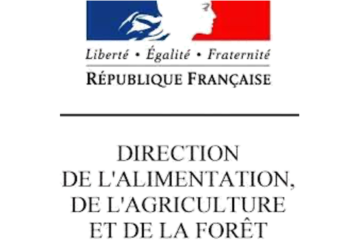
My organization is satisfied with this delivery that meets expectations.
Development of the Regional Forest and Timber Programme of Martinique
Direction de l’alimentation, de l’agriculture et de la forêt de Martinique, 11/2022
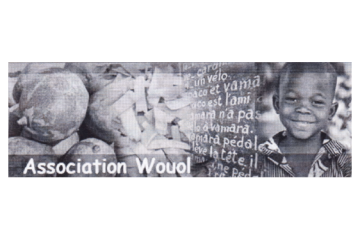
My organization is satisfied [...]. This performance allowed Wouol to take a new dynamic.
Setting up a cashew plantation project with the Wouol association
Association Wouol, 11/2017
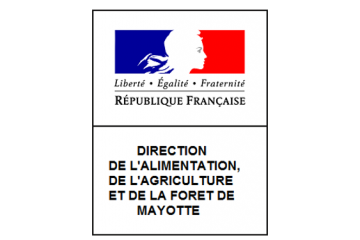
The quality of the expertise was recognized by the sponsoring organization and confirmed by the members of the Evaluation Steering Committee. The availability of SalvaTerra agents, their efficiency and professionalism in carrying out the study were highlighted.
Technical and financial evaluation of agri-environment-climate measures
Direction de l’alimentation, de l’agriculture et de la forêt de Mayotte, 06/2017
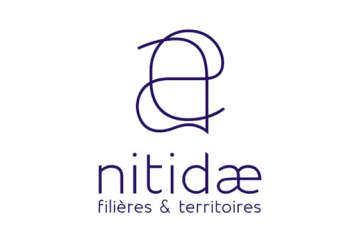
My organization is very satisfied with the services rendered, as they were carried out meticulously, while allowing for the participation of a broad representation of stakeholders.
Final evaluation of the Agrovalor project for energy recovery of agricultural waste
Nitidae, 04/2022

My organization is satisfied with this service and we particularly appreciated the quality of the services, as well as the rigor and proactivity of the designated expert.
Revision of the Nationally Determined Contribution (NDC) Mitigation Component
Expertise France, 03/2021

My organization is satisfied with the work done.
Final evaluation of the Mpanga Super Farmers project to support family farming
Îles de paix, 03/2022
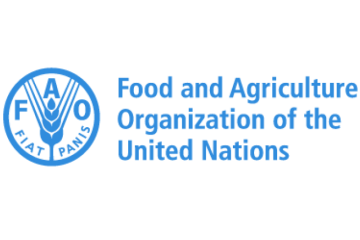
My organization is satisfied with this performance and with the report, which was very good, which allowed the project to be submitted on time.
Feasibility study of the project Restoration of forests and landscapes in the Central African Republic
Organisation des Nations Unies pour l’alimentation et l’agriculture, 12/2017

My organization [...] particularly appreciated the relevance and quality of the report delivered at the end of the service.
Pre-feasibility study of agroecological zoning of Guinea
Institut national de l’information géographique et forestière – Branche internationale, 09/2017















![[ANNONCE] SalvaTerra poursuit son développement en 2026 en intégrant l’Alliance for Nature](https://www.salvaterra.fr/wp-content/uploads/2026/03/Alliance-for-Nature-v2-aspect-ratio-960-600.jpg)
